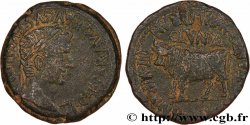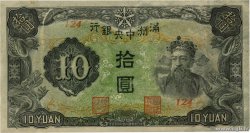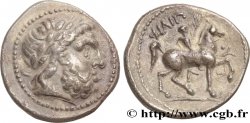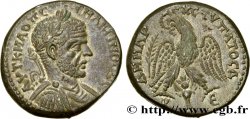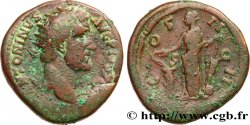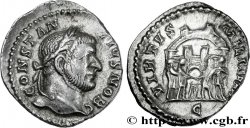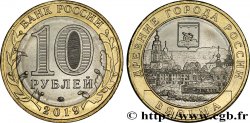E-auction 304-222749 - brm_521462 - TIBERIUS Sesterce
You must signin and be an approved bidder to bid, LOGIN TO BID. Accounts are subject to approval and the approval process takes place within 48 hours. Do not wait until the day a sale closes to register. Clicking on « bid » constitutes acceptance of the terms of use of cgb.fr private e-auctions.
Bids must be placed in whole Euro amounts only. The sale will start closing at the time stated on the item description; any bids received at the site after the closing time will not be executed. Transmission times may vary and bids could be rejected if you wait until the last second. For further information ckeck the E-auctions F.A.Q.
NO BUYER'S FEE.
NO BUYER'S FEE.
| Estimate : | 300 € |
| Price : | 96 € |
| Maximum bid : | 100 € |
| End of the sale : | 11 February 2019 14:24:30 |
| bidders : | 3 bidders |
Type : Sesterce
Date: 22-23
Mint name / Town : Roma
Metal : copper
Diameter : 35,5 mm
Orientation dies : 7 h.
Weight : 24,62 g.
Rarity : R2
Coments on the condition:
Usure importante mais exemplaire parfaitement identifiable. Patine marron foncé
Catalogue references :
Predigree :
Exemplaire provenant d’une ancienne collection française de la première moitié du XXe siècle, dispersée à Marseille le 6 décembre 2017. Avec son étiquette d’origine
Obverse
Obverse legend : CIVITATIBVS ASIAE - RESTITVTIS.
Obverse description : Tibère assis à gauche, ses pieds reposant sur un tabouret (chaise curule), tenant une patère de la main droite et un sceptre de la gauche.
Obverse translation : “Civitatibus Asiæ Restitutis”, (Pour la restauration des cités d’Asie).
Reverse
Reverse legend : TI CAESAR DIVI AVG F AVGVST P M TR POT XXIIII..
Reverse description : Grand S. C.
Reverse translation : “Tiberius Cæsar Divi Augusti Filius Augusti Pontifex Maximus Tribunicia Potestate vicesimum quartum”, (Tibère césar fils du divin Auguste grand pontife revêtu de la vingt-quatrième puissance tribunitienne).
Commentary
Ce sesterce est bien en orichalque, du grec oreikhalkos, qui veut dire laiton. Ce métal ou alliage métallique est mentionné par plusieurs auteurs de l'Antiquité dont Pline. Le mot a désigné d'abord un métal précieux, puis des alliages du type bronze ou laiton. Le prix de la livre d’orichalque était de 3 deniers sous Auguste contre 2 seulement pour le cuivre.







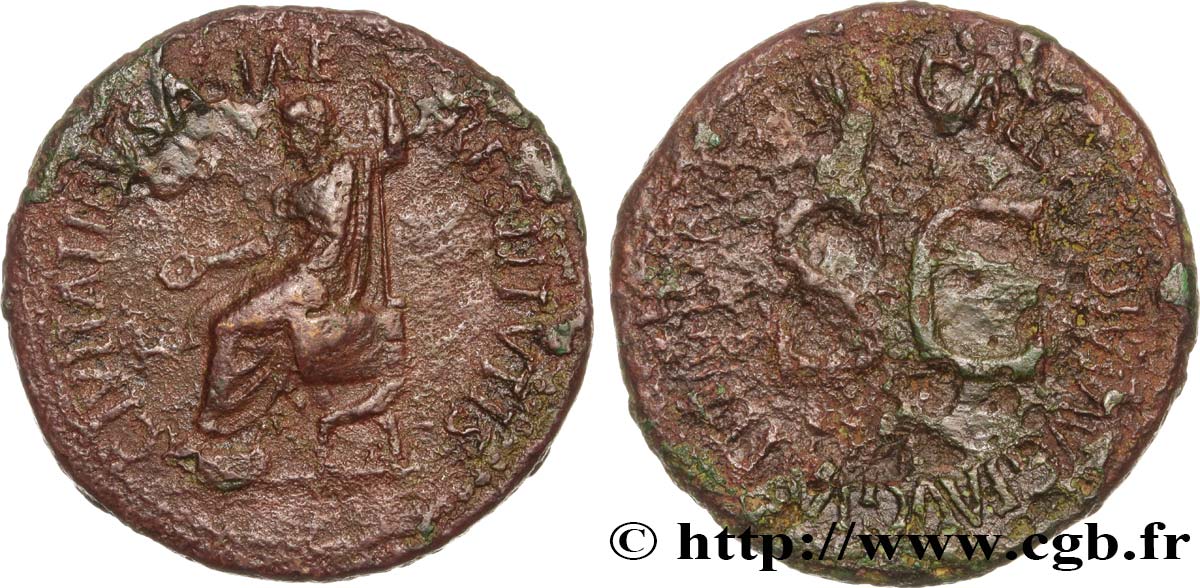
 Report a mistake
Report a mistake Print the page
Print the page Share my selection
Share my selection Ask a question
Ask a question Consign / sell
Consign / sell
 Full data
Full data